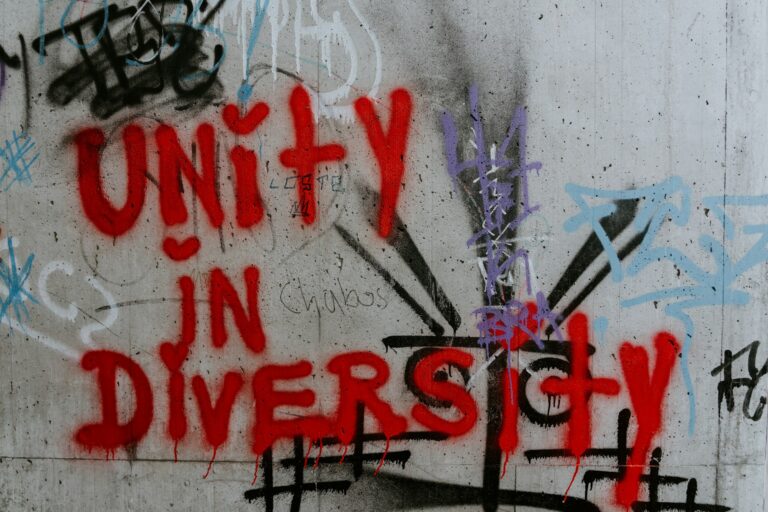Many things get passed down through families, like heirlooms, genetic conditions, and physical characteristics. But in some cases, trauma can be inherited as well. This concept is known as intergenerational trauma. While it is still a relatively new field of study, here is what we know so far, according to the latest research.
Overview of Intergenerational Trauma

No family or single person is immune to traumatic experiences that can impact themselves and their family members. Traumatic events that can lead to intergenerational trauma include:
- Parental incarceration
- Divorce
- Substance use disorders
- Violence
- Early childhood abuse (e.g., sexual, physical, or emotional)
- Natural disasters
Symptoms of Intergenerational Trauma
Everyone responds differently to traumatic events. Depending on the events you or your family went through, symptoms can be experienced physically, emotionally, or behaviorally.
However, it is common for people to experience trauma symptoms and not realize the impact of what they went through.
Symptoms of intergenerational trauma are often mistaken for other mental health conditions due to the similarity in symptoms, which can include:
- Anxiety
- Depersonalization
- Isolation
- Memory loss
- Nightmares
- Flashbacks
- Hypervigilance
- Substance abuse
- Unresolved grief
This kind of wiring impacts personalities, relationships, parenting, communication, and views of the world. Other common symptoms of intergenerational trauma may include:
- Lack of trust of others
- Anger or irritability
- Inability to connect with others
How does intergenerational trauma get passed down?
Traumatic experiences can be transmitted in a few different ways:

Genetics
Some evidence shows that trauma can alter a person’s genetic makeup.
LatinX and BIPOC communities are particularly vulnerable. Being systematically exploited, enduring repeated and continual abuse, racism, and poverty are traumatic enough to cause genetic changes. In this case, the genetic variations are passed down between generations and predispose the future generation to be sensitive to subsequent traumas and stressors.
Behavior

Trauma can also be passed down through behavior. For example, a child of someone who has PTSD can learn and internalize specific ways of thinking from their parents.
In addition to the potential genetic changes inherited from their traumatized ancestors, they may also have to deal with psychological and social sources of trauma passed down from one generation to the next.
How it affects families
Adult children with parents diagnosed with PTSD often describe damaged, preoccupied parents who were emotionally not available when needed. There are many ways parents can potentially pass down their symptoms to their children, some of which include:
- Reliving traumatic events, growing emotionally detached, or even experiencing dissociative episodes. Dissociation is a coping mechanism when a person is experiencing high amounts of anxiety. People describe it as feeling ‘numb’ our ‘outside of themselves. In turn, these symptoms can influence a child’s ability to feel a sense of safety, trust, and predictability in the world around them.
- Parents may also have trouble maintaining a balanced perspective. In times of stress and crisis, it is challenging for parents to cope in healthy ways. They may also have difficulty regulating emotions or other appropriate self-soothing mechanisms.
Millions of children are exposed to traumatic events that can have a lifelong effect. For school-age children, it is essential to know that many signs and symptoms are present when children are in the academic setting.
Unresolved with trauma can manifest itself in children by:
- Avoiding school
- Difficulty focusing
- Dropping out of school
- Decrease in grades and test scores
- Behavioral challenges such as suspensions and expulsions
Families need to seek mental health support for kids and teens when they have been exposed to traumatic events or other stressful life events that could leave a lasting impact on the family.
Ending the stigma of getting help

The primary way to help break the stigma of receiving help for intergenerational trauma is through education, awareness, and ways to support families throughout these challenging situations.
In some cases, the racial or ethnic disparity between counselors and their patients makes it difficult for minorities to find therapists who understand specific issues related to their unique cultural experiences. That is where multicultural counseling comes in.
What is multicultural counseling?

Multicultural counseling involves your therapist demonstrating an understanding of you and your experience with cultural issues, racism, and other related experiences. Culturally sensitive and accepting, your therapist will listen to your unique experiences and guide you to work through challenges you may be facing. The power of the therapeutic alliance between you and your counselor is unique in this way.
What can you expect?
Multicultural counseling can be approached in various ways. Still, it is essentially a therapeutic method that considers several factors that affect racial, ethnic, and other types of minorities, including historical oppression and its impacts on society.
At first, you may spend some time developing trust and shared respect as you come to understand the therapeutic process while your therapist comes to understand your issues, needs, and expectations.
Your counselor can help you recognize that some of your stress comes from the effects of racism, prejudice, and discrimination in the culture at large. Through counseling, you will gain insight into this discrimination to be empowered to take positive action.
A multicultural therapist understands that your background influences how you perceive the world, and as a counselor, their role shifts accordingly. Therapists are trained to understand how culture, family dynamics, and experience all play a role in mental health.
The path to healing

Counseling can open your eyes to new ways of looking at and understanding yourself; our therapists are ready to provide you with the time and attention needed to meet your goals. We will work together to ensure that you can meet your goals. If you are interested in becoming a better, happier, more fulfilled you, contact us today.




